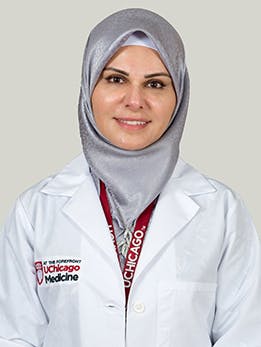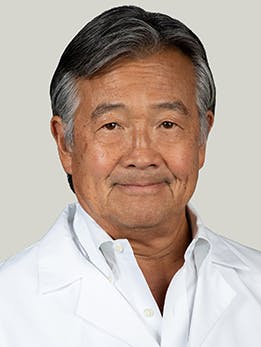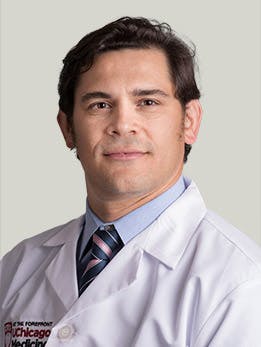Pediatric Liver Transplant
Pediatric Organ Transplant
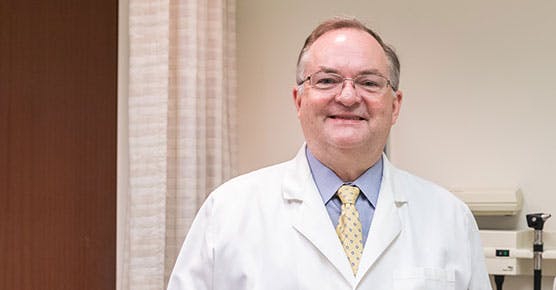
Meet Our Pediatric Transplant Experts
Our team realizes that your child's recovery is an ongoing process, which does not end when he or she heads home.
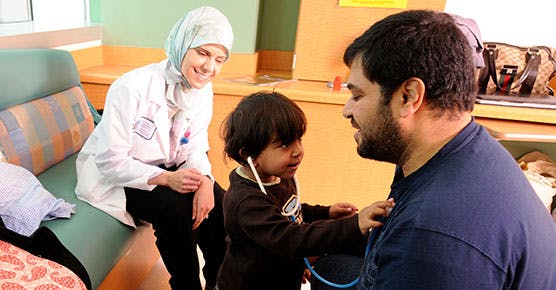
Research & Clinical Trials
Through our clinical trials, our doctors continue to develop new techniques to make transplantation even safer and more effective in children.
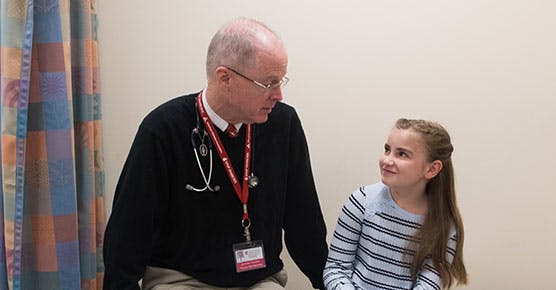
Patient Resources
For the last several decades, our doctors and nurses have worked with thousands of courageous families like yours. These resources can help support your family during the transplant journey.
Request a Pediatric Transplant Appointment
The information you provide will enable us to assist you as efficiently as possible. A representative will contact you within one to two business days to help you schedule an appointment.
To speak to someone directly, please call 1-773-702-6169. If you have symptoms of an urgent nature, please call your doctor or go to the emergency room immediately.
By submitting this form you acknowledge the risk of sending this information by email and agree not to hold the University of Chicago or University of Chicago Medical Center liable for any damages you may incur as a result of the transfer or use of this information. The use or transmittal of this form does not create a physician-contact relationship. More information regarding the confidentiality of this request can be found in our Privacy Policy.
* Indicates required field

